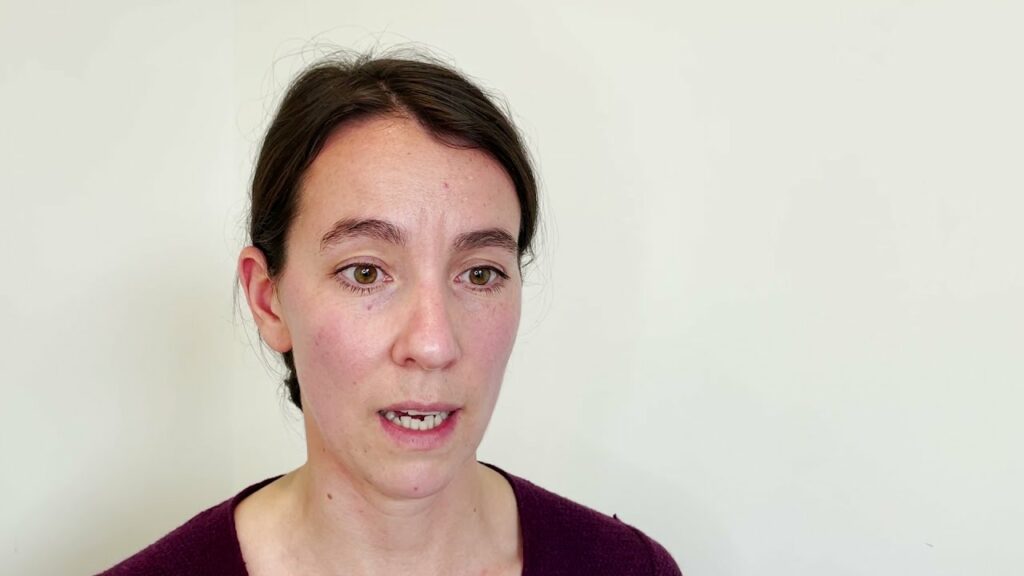You will learn if there’s something wrong with your baby’s heart at a fetal echocardiogram appointment. After the physician reviews the images, they will talk with you about the CHD diagnosis, how it can be treated, and the prognosis for the condition.
Note that if the physician doing the fetal echocardiogram is an obstetrician and they see something wrong with the heart, they may refer you to a pediatric cardiologist to confirm their findings. The pediatric cardiologist would do another fetal echocardiogram and give you more information about the treatment and prognosis.
Hearing that there’s a problem with your baby’s heart – whether mild or severe – can be overwhelming and traumatic. It is a common reaction to feel like you are in shock, or that your brain is shutting down or racing with fear.
When the physician tells you about the CHD diagnosis, you will receive a lot of information at a very difficult time for you. It’s okay to ask for time to process the news or compose yourself if you become emotional.
You can ask questions at any time during and after the appointment, so don’t worry if you can’t think of everything you want to know immediately. For many families, the most important thing to understand initially is what their child’s quality of life would be with CHD. Over time, you will get the information you need to plan for the future.
What Will I Learn From the Physician If They See a Problem?
How Can I Manage All of This Information?
1. Take Your Time
Your physician knows that this news will change your life. They will understand if you need a break to process the information. It’s okay to cry or express whatever emotions you are feeling. You do not have to “hold it together.”
2. Start Asking Questions
Try to ask questions even if you feel uncomfortable or are not sure what to ask at first. It’s helpful for physicians to hear your questions. When they know what is important to you, they can prioritize talking about those issues.
3. Prepare to Follow Up
Make sure you know how to reach the fetal cardiologist’s office if you want to ask more questions later, after you’ve had time to think about the diagnosis and review the information. You can keep a list of your questions in a notebook or on your smartphone.
4. Expect to Feel Confused
After parents receive a CHD diagnosis, it’s common to leave the appointment with a lot more information – but feel even more confused. It may take time for your brain to process everything the physician tells you. Initially the information and medical terms may not make sense to you, and this can be very distressing when you are trying to understand what’s happening.
5. Keep Asking Questions
It’s important to clear up any confusion you may have once you get past the initial shock of the diagnosis. This is critical for your practical needs – like decision-making – and your emotional health. You can ask for a follow-up conversation with someone on the fetal cardiology team (physician, nurse, or social worker) by phone, videoconference, or in the office. Be sure to have your list of questions ready.
6. Write It Down
It will help to have a written record that you can add to over time, refer back to as needed, and share with others. The Mended Little Heart Guide includes worksheets you can complete with your pediatric cardiologist to make sure you have basic facts about your child’s CHD.
PARENT TIPA CHD Diagnosis Affects You and Your Relationship With Your Unborn Baby
Early in the pregnancy you may or may not have a clear idea of your child. But as your baby continues to grow, you start to bond with him or her. You might see them on an ultrasound image and envision their personality or what their life will be like.
For many parents, a CHD diagnosis is a traumatic event that affects this bonding and causes strong reactions. It’s critical that you learn how to manage the uncertainty you will face and get the emotional support you need in your CHD care journey.
FAQs
Lauren Dubrouillet, Parent
Koyelle Papneja, Physician
Linda Pilkinton, Parent
Amy Quirin, Nurse
Theresa Tacy, Physician
Last Update: November 2, 2021